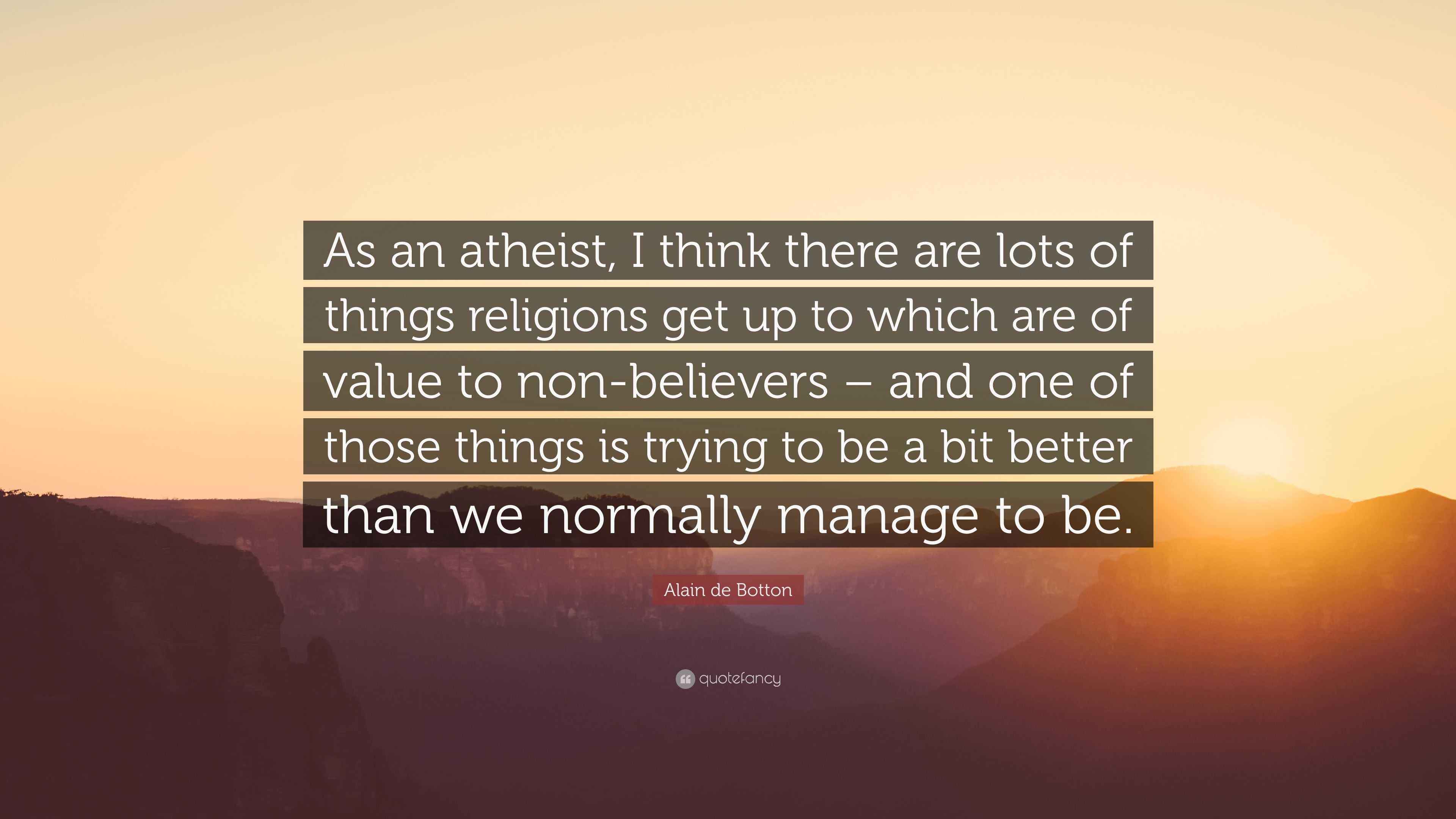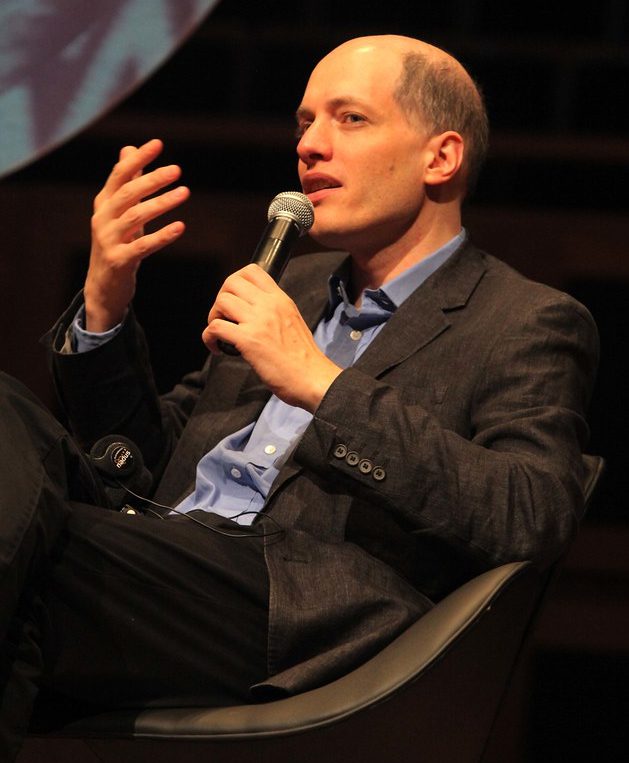
In my book, I argue that believing in God is, for me as for many others, simply not possible. I don’t believe that atheism has in itself done too much harm – but I believe that secular society has generally forgotten all kinds of important lessons that reside in religion. I define atheism as an absence of belief in any thing supernatural. In a similar vein, how fair is it to ascribe the societal failings that you point out in the book to atheism? Perhaps one of the problems is how we define atheism, so let’s talk a moment about atheism – how do you define it? By all means, we can dismiss him, but with great sympathy, nostalgia, care and thought… I am simply wanting to draw attention to some of the gaps, some of what is missing, when we dismiss God too brusquely. Of course, people still believe, they may even believe in greater numbers – but our account of the functioning of the world is coming under an ever greater secular rationale. By this I mean that our explanations for why things have happened and should happen have less and less to do with religious or supernatural explanations.

My feeling is that despite a quirk of US electoral politics that requires a president to profess belief, the world is moving in a secular direction. Does that impact on the message of the book? It seems that a cornerstone presumption of the book is that we are living in a ‘secular age’ – is this true though? Is it imaginable, for example, that an open atheist could be elected President of the United States? Religious observance may be down in many countries, but scratch the surface (in terms of educational and social policy, for example) and secularism is often highly contested.

Drawing back the veil of organised religion, de Botton, an atheist himself, suggests that leaving aside the issue of the supernatural, there are many important tools for a healthy and humane secular society that can be salvaged from the world’s great religions.ĭe Botton was kind enough to accept an interview (his second for TMO), via email, to discuss the book. Alain de Botton’s latest book, Religion for Atheists, bypasses these arguments suggesting that there are more interesting, or less scrutinised themes to discuss in this field. These arguments have been treated in depth elsewhere – for example by Sam Harris or Benedict XVI. When religion and atheisim collide, at least in the columns of most newspapers and magazines, the arguments usually boil down to the essentials of faith vs reason to whether religious belief has a place in secular society to the supposed intolerance of the ‘new atheism’ or to whether atheism is in itself merely a sophisticated cult.


 0 kommentar(er)
0 kommentar(er)
